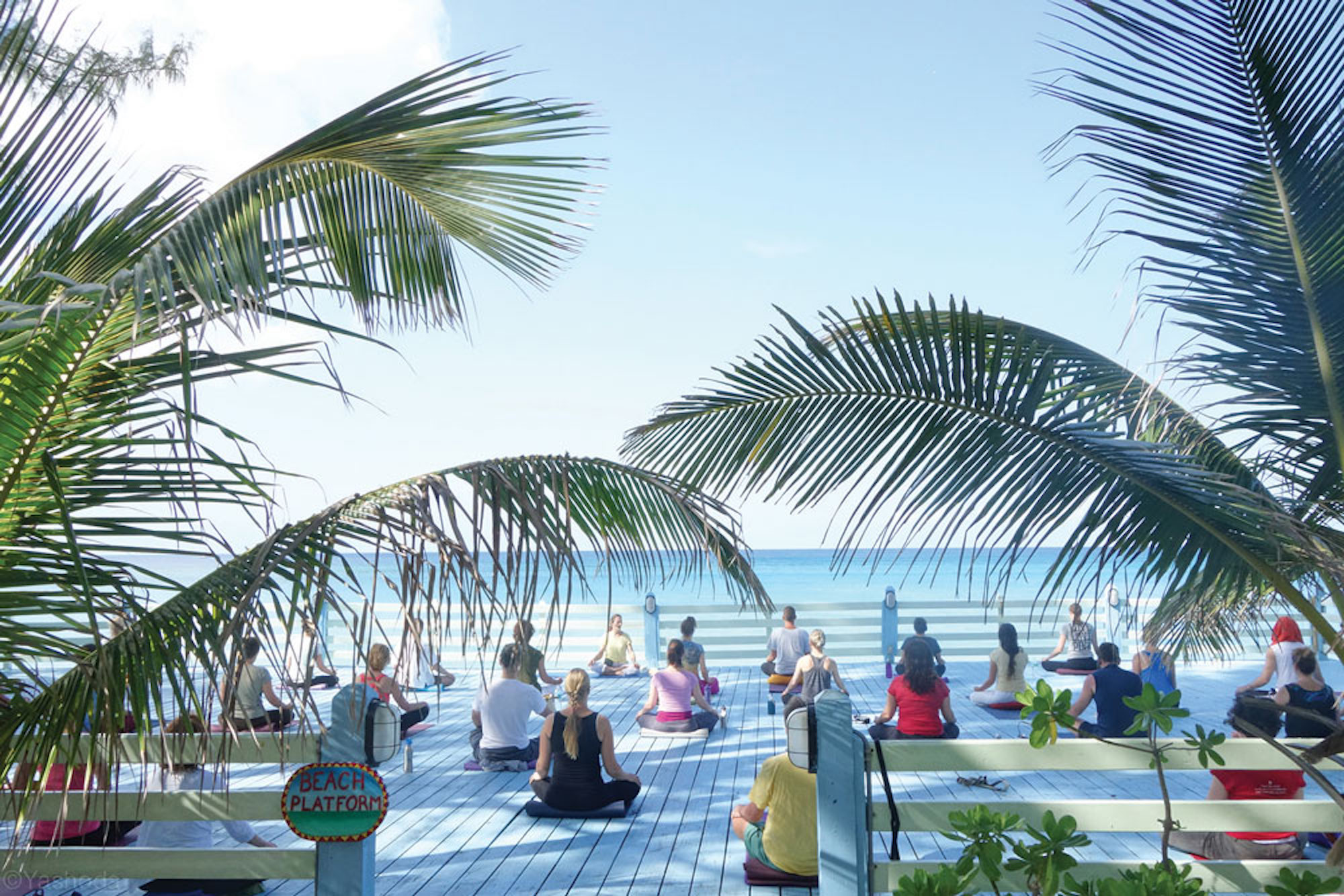Wellness tourism has grown significantly after the COVID-19 pandemic, as more people seeking deep relaxation or an invigorating experience opt for wellness retreats, an expert has said.
In Türkiye, wellness tourism is playing a crucial role in addressing the issue of seasonality in the tourism industry.
Newly constructed hotels are now designed with wellness tourism in mind, while older accommodations are being renovated to meet the needs of wellness tourists.
These tourists prioritize not just physical recovery but also mental and emotional well-being, favoring destinations with thermal hotels, spas, indoor swimming pools, fitness centers and wellness buffets.
In the southern province of Antalya, efforts have intensified to capture a larger share of the wellness tourism market.
Kaan Kavaloğlu, an industry representative, emphasized the importance of diversifying tourism to avoid seasonal dips. “Seasonality is one of the most important issues in tourism in the Mediterranean region,” he stated.
Kavaloğlu further explained the economic impact of wellness tourism, highlighting that it accounts for 17.8 percent of global tourism income, with wellness tourists spending an average of $1,800.
Kavaloğlu noted the potential of targeting the elderly population in Europe, who may prefer the milder climate of Antalya during winter.
Wellness tourism also appeals to a segment of northern Europeans seeking sun during the long winter months. This group, with substantial financial means, prefers wellness tourism over traditional health tourism, spending 70 percent more than the average tourist, according to Kavaloğlu.
